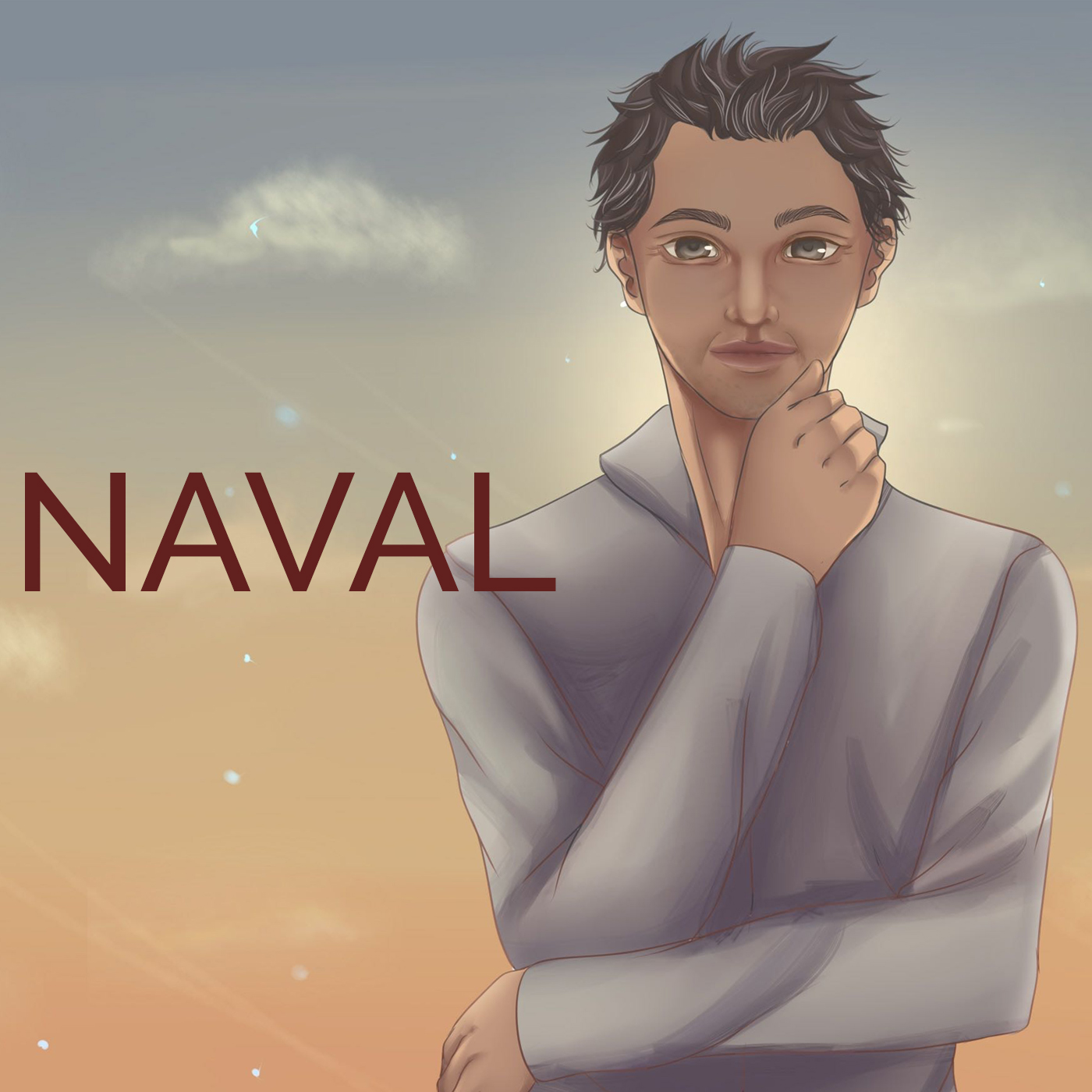There was a story on ITV in the UK and they were talking about how much supposed waste that Amazon producers, that Amazon was destroying a whole bunch of products, regularly routinely. And I thought, why are these people inserting their opinion into a business that they know. Absolutely nothing about what would they prefer? Would they prefer Amazon to have the impossible? Namely, perfect knowledge of precisely how many products need to be made in other words and epistemologically?
Possible situation to be in or would they prefer that Amazon made insufficient products? So the people who wanted to purchase them weren't actually able to get hold of them. What Amazon of course does is make slightly more than what they need. That's what happens in any business. They make slightly more than what they need now. And
again a once had a venture capitalist, are you to me that there are too many kinds of shoes and it was example of how capitalism it failed because nobody needs as many kinds of sneakers. And clearly with overshadows Society. My question to him was when did you know that? There were too many shoes? What's the point in history?
Three where we decide. There's too many shoes. Where before that? We need more shoes because we did more stretchy shoes. We need more durable shoes. We need thicker Sole shoes when you lighter shoes. We need all kinds of amazing, shoot Innovation and that at some point somebody decides. Now, we have enough shoes. Now. We need to kill all the other shoe lines. Where did you come up with this idea that you just happen to be born in the right time and the right place to identify that? Yes, we have enough shoes. This is a certain parochialism that everyone falls into, there's a more macro version of that, which is
We're running out of resources philosophy. And it starts with the Earth is finite. There's this finite set of resources. We're running out and we're consuming them all and therefore we're all going to die. If we don't tempt back our consumption. First of all, how did you decide it was the earth? Why did you decide that your town wasn't running out of resources. Why wasn't the town the actual area that you wanted to save? And then everything outside of that was foreign and unreachable, why draw the boundary around the earth, we could go to the solar system. We could go to the Galaxy. We could go to the universe. We go to the
Multiverse there's a lot of resources out there. If you know how to harness them. And then how do you define what a resources? A resource is? Just something that through knowledge. You can convert from one thing to another. So there was a time when Cole wasn't a resource, iron wasn't a resource to a caveman very few things are resources just a few edible plants in a few edible animals and that's it. But domestication harvesting crops Metallurgy chemistry physics developing engines and Rockets. All of these are things that are taking things that we thought were worthless and turn into
Resources uranium has gone from being completely worthless to being an incredible resource. So this finite resource model of the world, implicitly assumes, finite knowledge. It says, knowledge creation has come to an end. We are stuck at this current point and therefore based on the knowledge that we have currently. These are all the resources available to us. Now. We must start conserving but knowledge is the thing that we can always create more of

